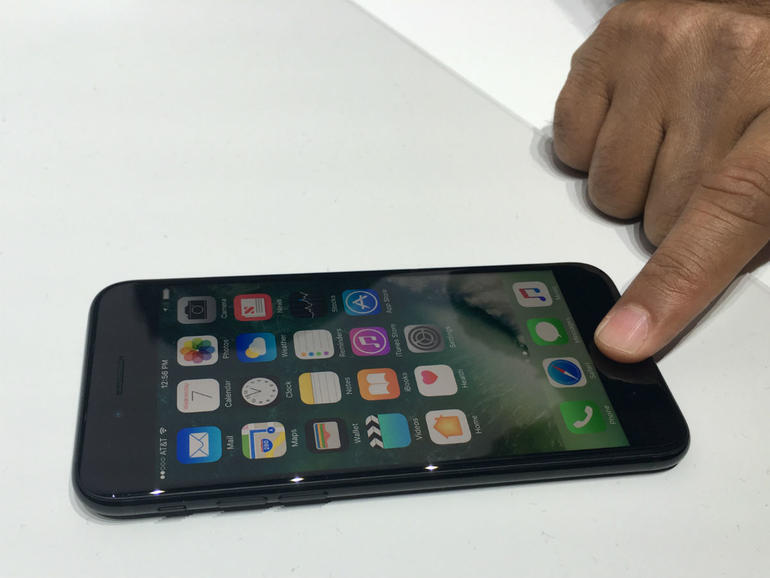Apple really hopes you are fond of its current unlocking methods, because while Android manufacturers are working on in-display fingerprint sensors, the Apple devices launching this year aren’t expected to revert from Face ID to Touch ID.
Industry expert Ming-Chi Kuo expects that Apple won’t bring in-display sensors to its devices any time soon, saying they’d rather stick with their current guns — the (scarily accurate) Face ID unlocking method introduced with the iPhone X.
But why though?

Huawei’s even gone as far as including two fingerprint sensors in its Porsche Edition Mate 10, one in-diplay one up front, and another on the back… just in case, you know. It turns out building in-diplay fingerprint sensors is a little easier with the new generation of high-end OLED screens, like the ones used in the iPhone X, because they generally offer sensor support throughout the entire screen. But the more prevalent LCD displays don’t have that capability, which could be one reason Apple’s forgoing in-display — it wants to offer multiple devices with different display tech but a cohesive security solution.
Kuo says he expects more widespread adoption of in-screen technology in due course as more manufacturers embrace it. So far, it’s camp Android that’s most interested in the tech. Huawei’s rumoured to be including it on the forthcoming Mate 20 range of devices due to be announced on 16 October, while Samsung is likely to include it in its Galaxy S10 handset that’ll drop early next year.
Is this a problem?
Could that mean Apple falls behind? If Face ID is reliable enough — and it seems to be if iPhone X reports are anything to go on — perhaps no one will care. Us? We still like a physical fingerprint sensor. It’s much more convenient for unlocking a phone beneath a desk during a dull meeting than Face ID.
Knowing Apple, it may simply be waiting until in-display tech progresses far enough for it to offer a class-leading version of the tech. Or until someone invents an amazing new solution that unlocks depending on the way a person smells, or using DNA scraped from dead skin cells, or… something. It would make for a good ‘one more thing’, after all.
Source: 9to5Mac